One room, two industry insiders and a Dictaphone. We gave influencer Gabriel Sey and founder of Sixteenth Talent Danny Lowney some talking points and left them to it…
Photography: Fifi Newbury
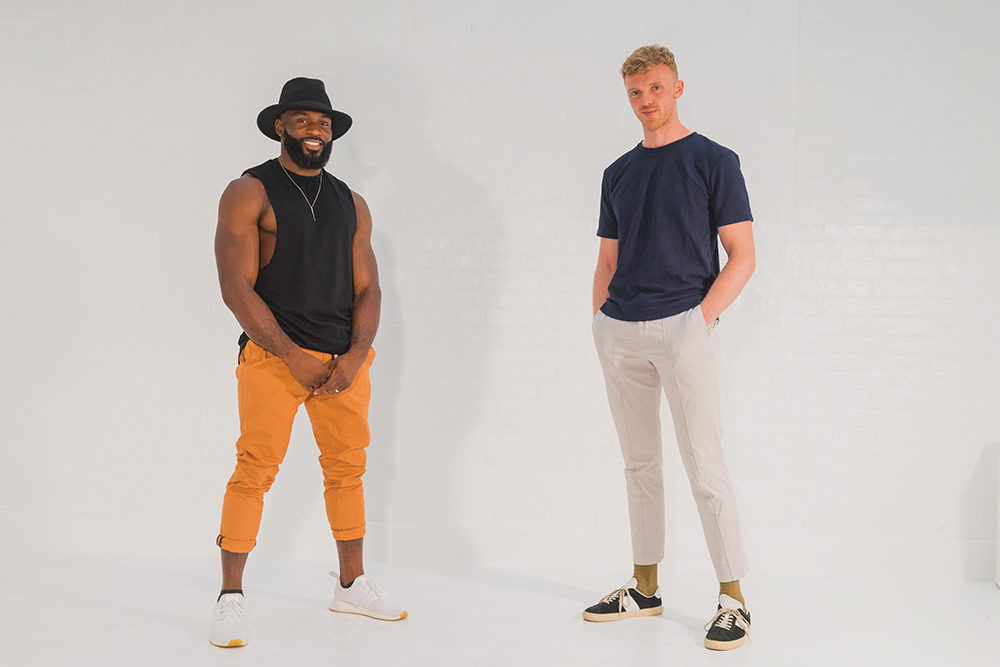
Discovering the influencer industry
Danny Lowney: We probably discovered it at a similar time, together.
Gabriel Sey: Yeah, you told me you were starting Sixteenth.
Danny: Even before that, I was at uni and I started an online brand that was a sports supplement comparison website. It was growing quite nicely, but we wanted to have a bigger presence on social media. I didn’t want to be visibly involved, and I wanted a creator to be the face. Gabriel was someone I had seen on YouTube who had a few thousand subscribers, and some videos that had got some good views.
Gabriel: The video you saw was really cringe!
Danny: I reached out to Gabriel and he became the face of our brand. At that point, I would go and shoot videos with him. That was our first exposure to influencer marketing.
Gabriel: That was 2014 I think? I didn’t really know much about promoting brands then. It was only when you started bringing products to me that it opened my eyes to it. That’s when I saw your true talent, you could talk anyone into anything.
Growing an audience
Gabriel: Authenticity. At the very start of my YouTube career, I ended up feeling stuck because I wasn’t really being my true self. I was trying to hide behind what people expected me to be. When I scrapped that, things started to really grow. Gary Vee says exactly the same thing, if you put yourself out there unapologetically then people will come.
Danny: Growing an audience now is harder than ever, and it will be harder tomorrow than it is today. So when it comes to actually going for it there really is no better day than today. I think what will always work is being specific to something. Whether it’s standing for something or having something specific that people can relate you to – it’s really important. I’ve seen people grow the most when they’ve found what that thing is. They double down on it and get a great response. Out of all the times I’ve seen people succeed, that’s the most consistent thing. No matter what the algorithm is doing, when people find a subject matter and creative format that works they’re successful.
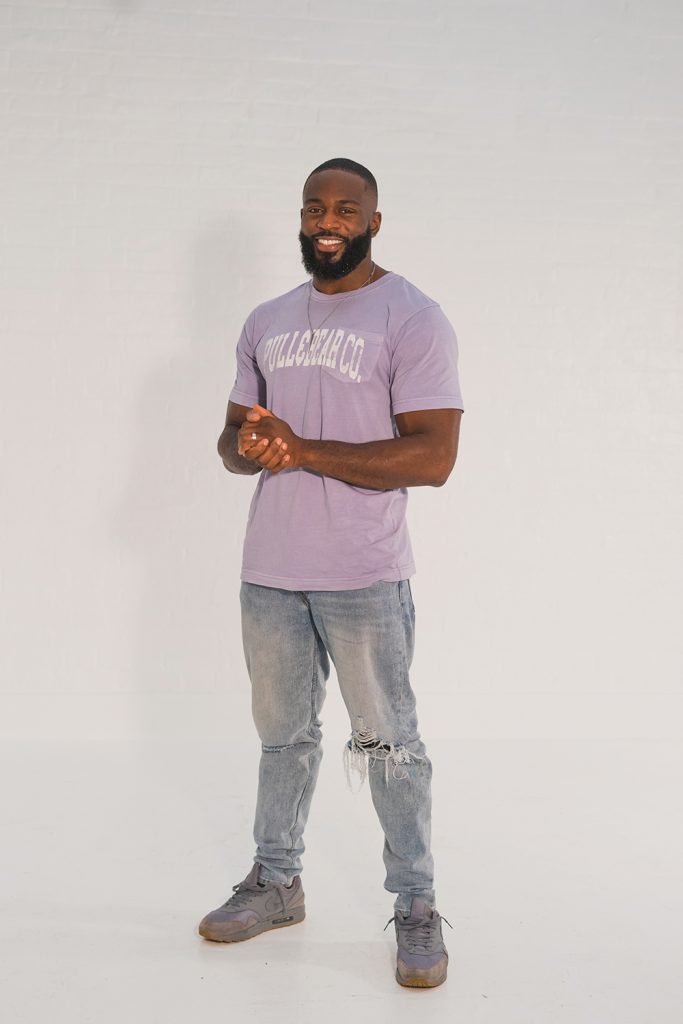
Finding your USP
Danny: The operative word there is unique. You can get that by being really specific with your content. If you can narrow it down 3-5 more times than you thought you had to, that’s where you’re going to start building something truly unique as a selling point. A default for a lot of people might be that they’re going to be ‘motivational’ or ‘educational’, but that is the least unique thing ever because it is so common now. We do all have something unique about us, so the way to find that is to be more and more specific. It’s about putting yourself in a position where you’re a category of one, and you’re only really going to do that now by narrowing those categories down a lot.
Gabriel: I agree. There’s always a battle because as much as you try to avoid it, you do look at numbers. My USP has developed over time, before I was always straight to the point but I have always been a class clown. I needed to inject the same humour into my content, which made it more appealing to people looking for more fun fitness content. I then had my son, so being a parent also started to factor into my content.
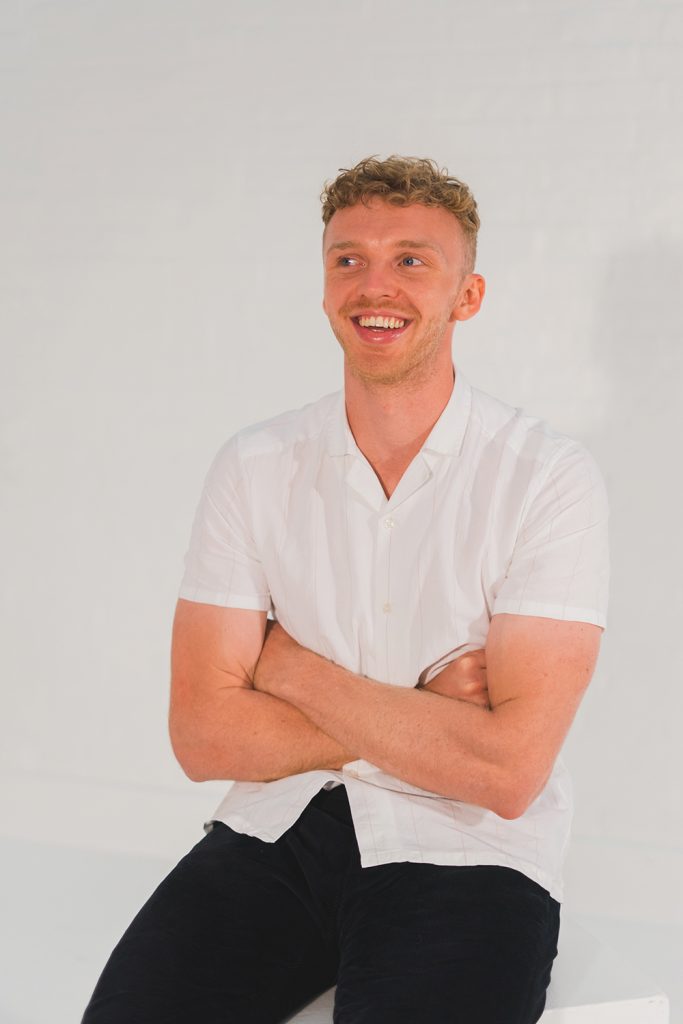
High quality content
Danny: High quality for many people has become synonymous with glossy content. At one point there was real truth in that because the standard was quite low quality in terms of visuals, so glossy content did well because it was different from that. Now, there’s a different standard and the glossiness has come at the price of character and authenticity. To me, high quality content is now about creativity and doing something different. I love it when I see creators interrupt patterns or break the norm. High quality content is creatively different and challenging.
Gabriel: For me, it’s about watching something and taking something away from it. That’s where my first level of seeing it as valuable is. Some people post things that make you feel like you’ve lost time by engaging with it. They might have millions of views, but I feel dumber for watching it!
Danny: When I think about your highest quality content, it’s where there’s some substance to it and I’ve taken something from it. The content you do that gets the highest response has a message to it. Whether it’s a photo or long-form content, the message is what is important.
Gabriel: The last video I posted was like that. I showed the vulnerability that most fitness people don’t show, and the reality, rather than painting a facade of what people think my life is like.
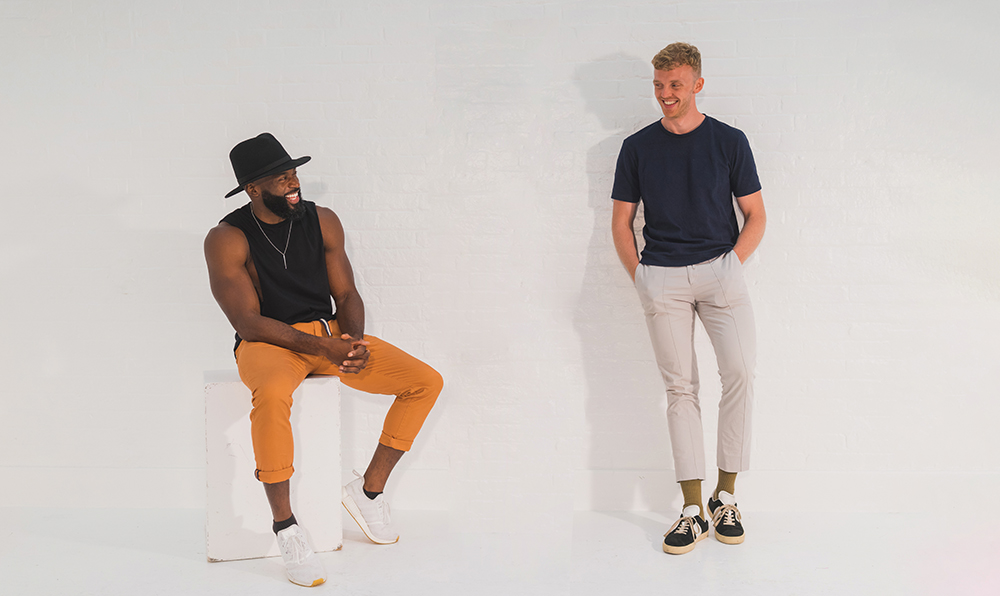
Pitching to brands
Gabriel: I tried pitching to brands, I failed. I’m not great at that and it’s really hard to know your worth in certain situations. I suffer from imposter syndrome a lot of the time, so it’s hard to go to a brand and tell them what I can do and then ask for a fee for it. As soon as I signed with Danny every email was straight across to him because I don’t know how to approach the conversation, and get the most out of it.
Danny: When you’re the creator and business person behind your content, you’re very emotionally connected to your brand. Having a business conversation in that context is quite difficult because you don’t really want to be talking from a place of emotion. It’s useful to be able to separate that so you can focus on being the creator and other people can focus on doing the business stuff.
Saying no to campaigns
Gabriel: The good thing about Sixteenth is that they filter a lot of things before they get to me and there are a lot of conversations before I see things. If it doesn’t sit well with my brand and I don’t see any connection with me then it’s a no. The only times I really say no are when I don’t have time or it doesn’t align with what I am currently doing. That’s been quite rare actually.
Danny: We have the benefit of knowing each other for a really long time, so we have a good read of what you do and don’t want to do. It’s a big benefit, you need to really know the creators you’re managing because you’re there to add value to them. If you’re wasting their time with irrelevant briefs that’s a problem. At the same time, you don’t want them to ever miss out on an opportunity so you need to filter smartly and find a balance. When it comes to managing Gabriel, we tend to say no when his schedule is busy. There’s more to Gabriel’s life than just being a YouTuber. There’s his whole creative career, his own business as a personal trainer, being a dad and being a husband and being a brother. Seeing the bigger picture and having a good idea of where your talent is at in life is really important. It’s about how busy they are and their capacity to create high quality sponsored content.
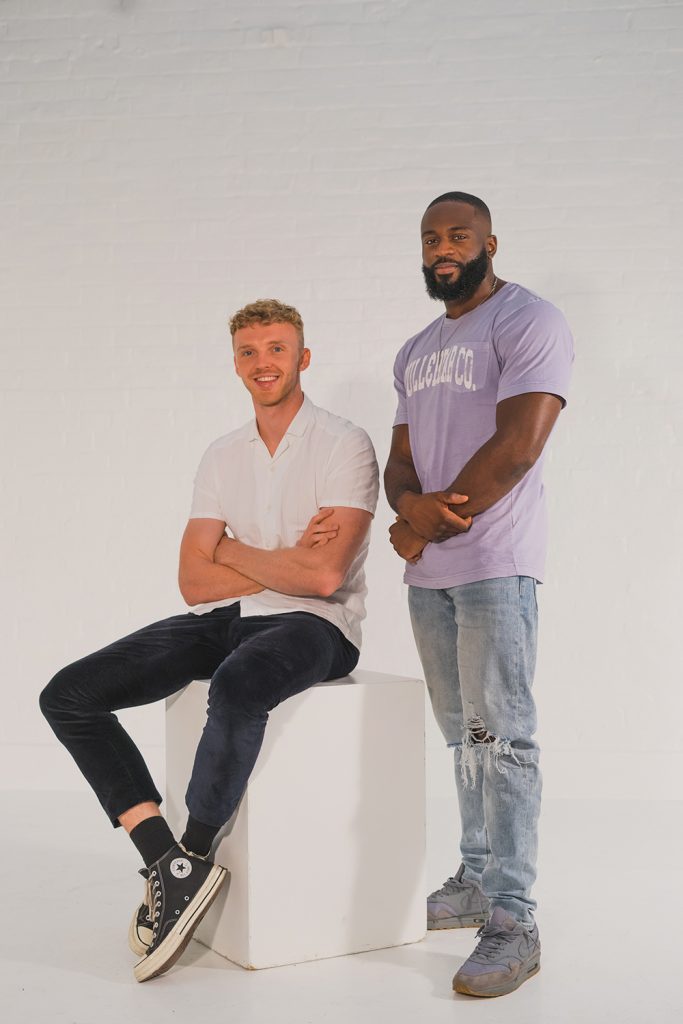
Creative control
Gabriel: It’s really important for me. There have been some times when brands will say they want you to do ‘X, Y, Z’ after the contract is signed.
Danny: When they said ‘A, B, C’ they meant ‘X, Y, Z’.
Gabriel: It’s a bit frustrating, because creativity is where I shine. Especially when it comes to planning content for a brand, and I know people will find it funny. If I feel like that’s being stripped away, I think it takes away the creativity that brands come to me for in the first place.
Danny: It’s an interesting point that I think about a lot. One of the beauties of influencer marketing is that you can pay one fee and get production, talent, creative and distribution. When brands are amazing at influencer marketing they leverage that. A big part of working with influencers is their creativity. Instead of having to spend a lot with a creative agency, you can really get it from the influencer if you brief them well. If you’re working with them and trying to relinquish their creative control it’s a waste of money. It’s a stupid thing to do, because you’re paying for it anyway.
The dream campaign
Danny: My dream scenario for receiving a brief is where the brand has picked up on a nuance in the creator’s story. It can be something small, but if they can align it with something they’re working on that is always great. That never really happens, but I love it when it does. It’s also nice when the talent have something they are passionate about and a brand can be a part of the conversation. Sponsored content works better when the alignment isn’t just about having a relevant demographic. When the relationship is deeper the content is more interesting.
Gabriel: My dream campaign would be something that fits into my content and my life easily. Especially if it’s a cool activity where I have total control over the content I make.
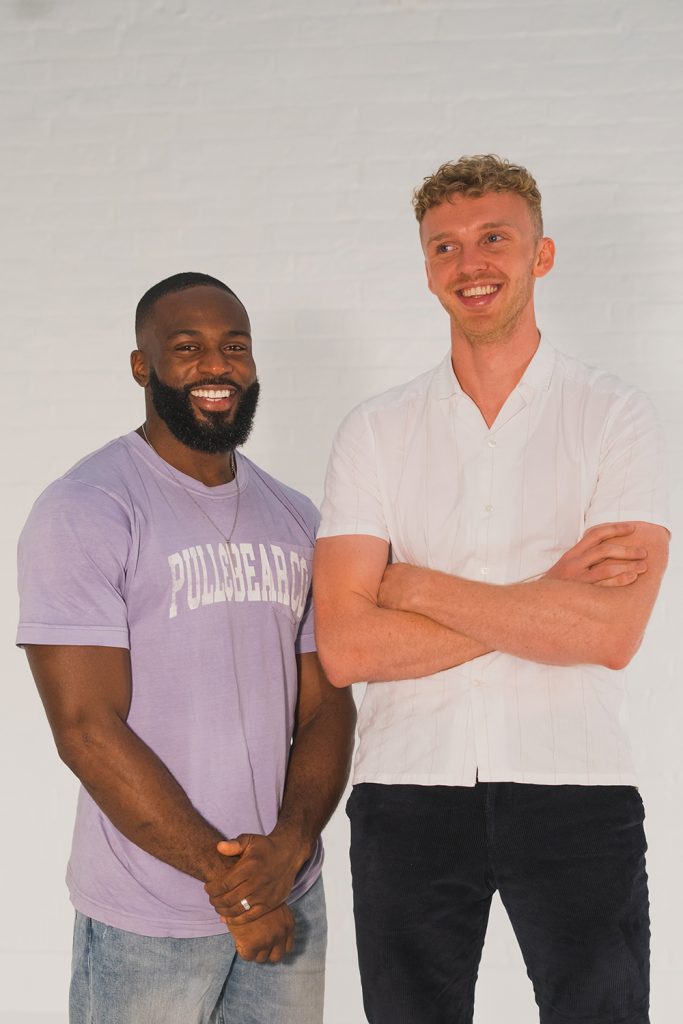
Improving the influencer industry
Gabriel: I just hate seeing creators who have no substance. I don’t understand why they can’t be more creative. There’s so much you can do with social media, but there’s a lot of emphasis still from bigger brands on follower count. It would be better if they could think about the purpose of the content more. I wish brands valued people with quality content more.
Danny: I’m embarrassed on behalf of the industry at the lack of diversity. I do mean ethnic diversity and social diversity, but I also mean creative diversity. We get very stuck in ruts and for a creative industry it can be embarrassing. One of my biggest criticisms of my own company is that we don’t have enough diversity when it comes to offering talent from different backgrounds and it’s something we are actively working on. Going into 2020, we will be much better at it, I am very passionate about changing it.
Advice for content creators
Danny: The most effective way to break through now is to boil your message down to something that is uniquely you. It’s the only way to do it, because you’re only going to be convincing enough if you really believe it. If you can create something really true to you, you’ll want to get out of bed in the morning and keep doing it.
Gabriel: I would agree, find what you love to speak about and then just go for it and see what sticks. When it sticks, double down and keep doing it.
Danny: Eve Cornwell is killing it right now. She’s so specific with her content and talks about all of the things she loves together. Some of those things might be alienating to some, but when they’re put together they really work well and you know what you’ll get from her content. Lucy Mountain is also creating some amazing stuff and is a really strong communicator.
